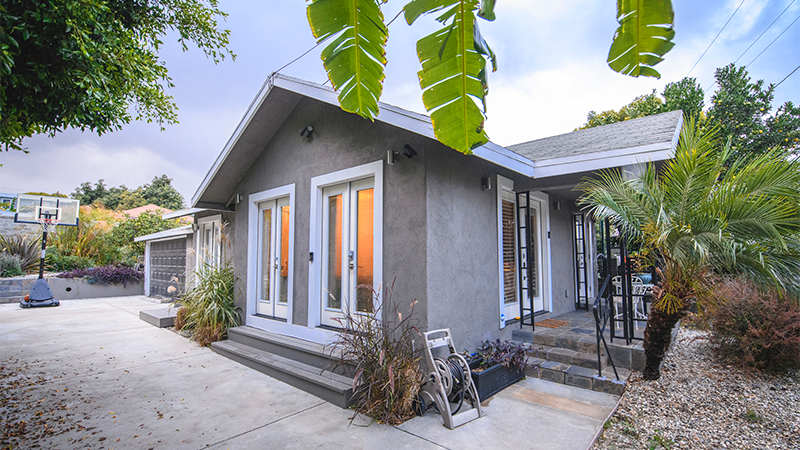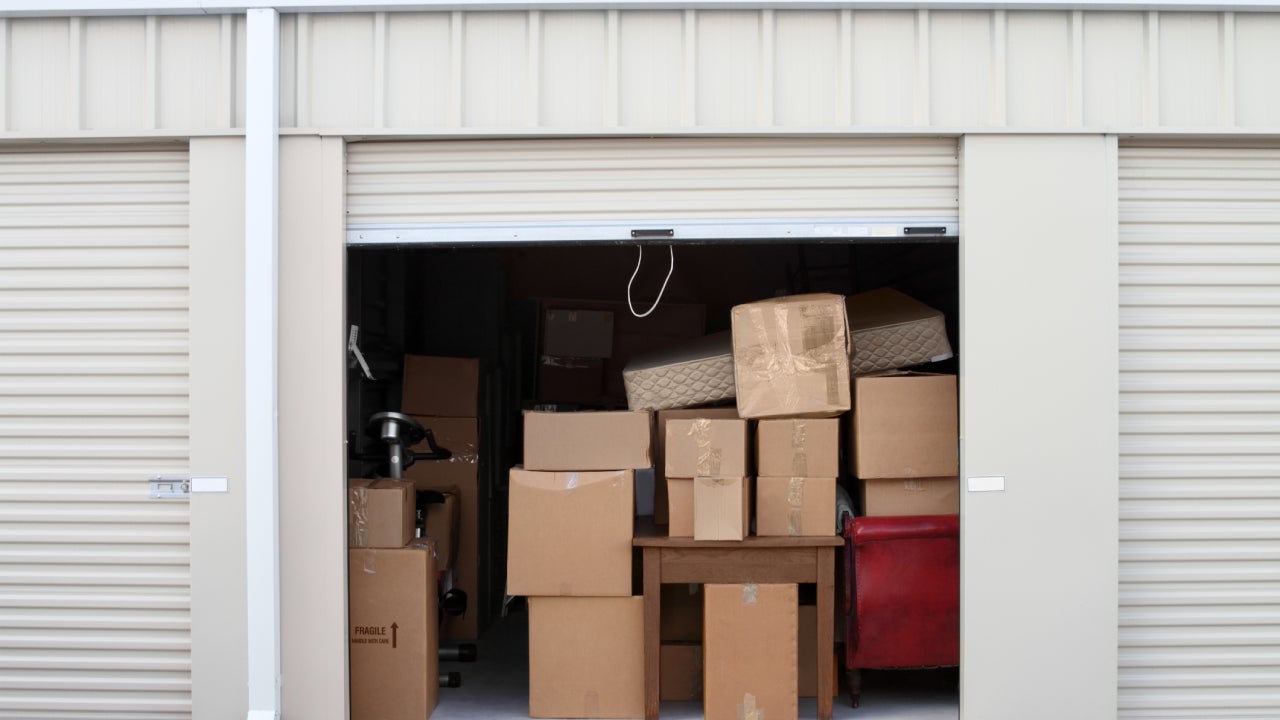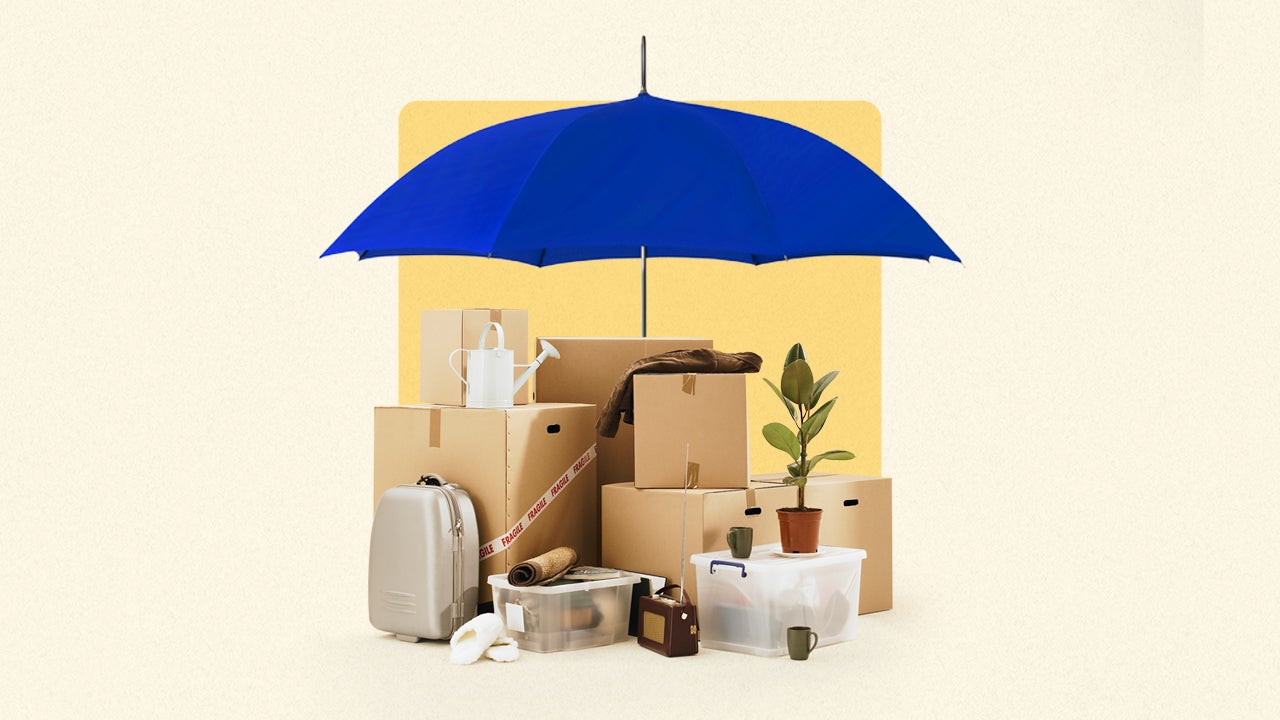What does renters insurance cover?

A renters insurance policy may be required as a part of your lease agreement. But, your renters insurance policy is more than just a box you need to check for your landlord. It can give you valuable financial protection in the event of an accident. If you’re legally responsible for someone else’s injuries, your renters liability insurance coverage can help with the costs of a lawsuit (which may add up quickly). Or, if a kitchen fire damages your brand-new espresso machine, you may be able to file a claim. And one of the biggest perks? Renters insurance is among the cheapest types of insurance you can buy.
What does renters insurance cover?
Renters insurance policies are usually made of a few core coverage types: liability, guest medical payments, personal property and additional living expenses. But, be sure to read your policy carefully to see exactly what’s included.
The average cost of renters insurance was $170 per year in 2021, according to the latest data from the Insurance Information Institute (Triple-I). However, renters insurance rates vary based on your location, just like auto and home insurance.
Liability coverage
Liability coverage is designed to provide financial protection for you if someone is injured on your property and you are found legally responsible for their injuries. It could also help pay for your attorney fees and legal representation if you are sued. In fact, your liability coverage may even extend to injuries you are found at fault for that occur off of your premises, such as your dog knocking down a neighbor while you are on a walk.
Liability coverage is an integral part of a renters insurance policy. Most companies offer liability coverage starting at $100,000, although $300,000 and even $500,000 are not uncommon coverage levels. These amounts may seem high, but if someone is injured and sues you, the bills can add up quickly. If you need liability coverage beyond what your renters insurance policy offers, consider an umbrella policy.
Guest medical expenses
Like liability coverage, guest medical expenses can help pay for someone else’s injuries. But, the difference is that this can pay out regardless of fault. For instance, imagine your neighbor comes over one evening, slices their hand while opening a bottle of wine and needs stitches. You may not be legally liable for their injuries, but you can submit their medical bills to your insurance company as a claim. Remember that, like liability coverage, the claim payout goes to “the other guy” — not you, the policyholder. You cannot file a claim for your own medical bills under this coverage.
Limits for this coverage are much lower than liability limits. Most renters insurance policies allot between $1,000 and $5,000 for guest medical expenses.
Personal property coverage
Your landlord is responsible for the structure of your rental home or apartment building. A renters insurance policy does not include dwelling coverage or other structures coverage like a home insurance policy does. However, you are financially responsible for your personal belongings, like your clothing, furniture and electronics — which is where your renters insurance comes in.
Renters insurance policies cover your personal belongings on a named peril basis, meaning that your belongings are only covered for certain situations. The named perils most commonly included are:
- Fire or lightning
- Windstorm or hail
- Smoke
- Vandalism
- Theft
- Damage caused by the weight of ice, snow or sleet
- Damage caused by the accidental discharge of water or steam from a household appliance or from a plumbing, heating, air conditioning or sprinkler system
- Damage caused by the sudden and accidental cracking, burning, tearing apart or bulging of a steam or hot water heating system, air conditioner or sprinkler system
- Damage caused by the freezing of a household appliance or plumbing, heating, air conditioner or sprinkler system
- Damage caused by a sudden and accidentally generated artificial electrical current
Keep in mind that these perils only refer to your personal property. If your ceiling caves in after a heavy snow, for example, your renters insurance policy will help pay for the damage to your belongings, but your landlord’s policy will pay for the damage to the building itself.
Your renters insurance policy may cover your personal belongings outside the home, as well. If you’re traveling and your suitcase is stolen, you may be able to file a claim with your renters insurance provider.
Actual cash value vs. replacement cost value
Typically, you will have a choice of reimbursement methods for a personal property renters insurance claim: actual cash value or replacement cost value. This will determine how your coverage applies after the deductible is taken into account.
Actual cash value (ACV) coverage insures your belongings at their depreciated value. Say, for example, you bought a couch three years ago for $2,000. Today, its value has depreciated to $1,200. If you have ACV coverage for your personal belongings and your couch is destroyed in a covered loss, your insurance company would reimburse you for the couch’s depreciated value, less your deductible. So, if you have $1,000 deductible, your insurance claim would pay you $200 for the couch: $1,200 (depreciated value) – $1,000 (deductible). Replacement cost coverage will not factor in depreciation. For example, even if the couch in the example above is three years old, a replacement cost policy will pay you the amount needed to buy a similar new couch, minus your deductible ($2,000 replacement value – $1,000 deductible = $1,000 payout). Replacement cost policies are typically more expensive than ACV policies since they agree to pay you a higher amount.
Most renters insurance policies limit what they’ll pay for valuable items like jewelry, electronics and firearms. Typically, this limit is around $1,000 to $2,000. Like with home insurance, you can schedule your valuable items to ensure they’re covered for their full value. In order to do so, you will likely need to get those items appraised and submit that appraisal to your renters insurance company.
Additional living expenses
If your apartment or home is uninhabitable after a covered loss, your renters insurance policy can help with the cost of a hotel room, groceries, laundry and restaurant meals up to your policy limit. If a kitchen fire damages your rented property to the point where it’s not safe to live in, the additional living expenses portion of your policy can help keep you afloat while your home is being repaired.
What does renters insurance not cover?
Although it offers a good amount of financial protection for its relatively low cost, renters insurance does not cover everything. Some common exclusions on renters insurance policies include:
- Flood damage: If you live in an area prone to flooding and are worried that your personal belongings could be damaged in a flood, you may want to consider a separate flood insurance policy. Some insurance companies may offer flood coverage as a policy endorsement, as well.
- Earthquake damage: You may be able to add earthquake coverage to your policy by endorsement. If you live in an area of the country where earthquakes are common, you may need a separate policy. Keep in mind that this coverage is for your personal belongings — not the structure of your building (that part is your landlord’s responsibility).
- Damage caused by pests: Because it is your landlord’s responsibility to maintain your rental home or apartment building, pest damage — even to your personal belongings — is usually excluded from a renter’s insurance policy. If your landlord is found negligent for allowing a pest infestation, the liability on their landlord insurance policy should cover your damage. Notably, renters insurance does not cover bed bugs or mice.
- Damage to or the theft of your vehicle: To get coverage for your vehicle, you need to have auto insurance. Your personal belongings may be covered under your renters policy if they are stolen, but the car itself or any damage to it is not covered under a renters insurance policy.
- Your roommate’s belongings: Unless you and your roommate have a joint policy where you are both listed as named insureds, your roommate’s belongings are not covered under your renters insurance policy.
- Damage in excess of your policy limits: If you have a renters insurance policy, you should consider how much coverage you need to replace your belongings. Your liability coverage will also only pay up to the limit you choose.
- Water backup: If water backs up from your drain or sewer line, damage to your personal belongings likely won’t be covered. But, you may be able to add a water backup endorsement.
Every renters insurance company is different, so talking to your agent is the best way to determine what is and is not covered by your policy.
What customizations can you make to a renters insurance policy?
Renters insurance policies often come with endorsements that you can add to customize your coverage. Common endorsement options include:
- Replacement cost coverage for your belongings
- Identity theft protection
- Scheduled articles coverage
- Business property coverage
- Refrigerated property coverage
- Water backup
If you are not sure how much renters insurance you need or what coverages to choose, talking to a licensed agent may help you to decide on policy options that are appropriate for you.
Frequently asked questions
Why we ask for feedback Your feedback helps us improve our content and services. It takes less than a minute to complete.
Your responses are anonymous and will only be used for improving our website.
You may also like

Does homeowners insurance cover water damage?

Best renters insurance in California

What is storage unit insurance?

What is contents insurance in homeowners coverage?


